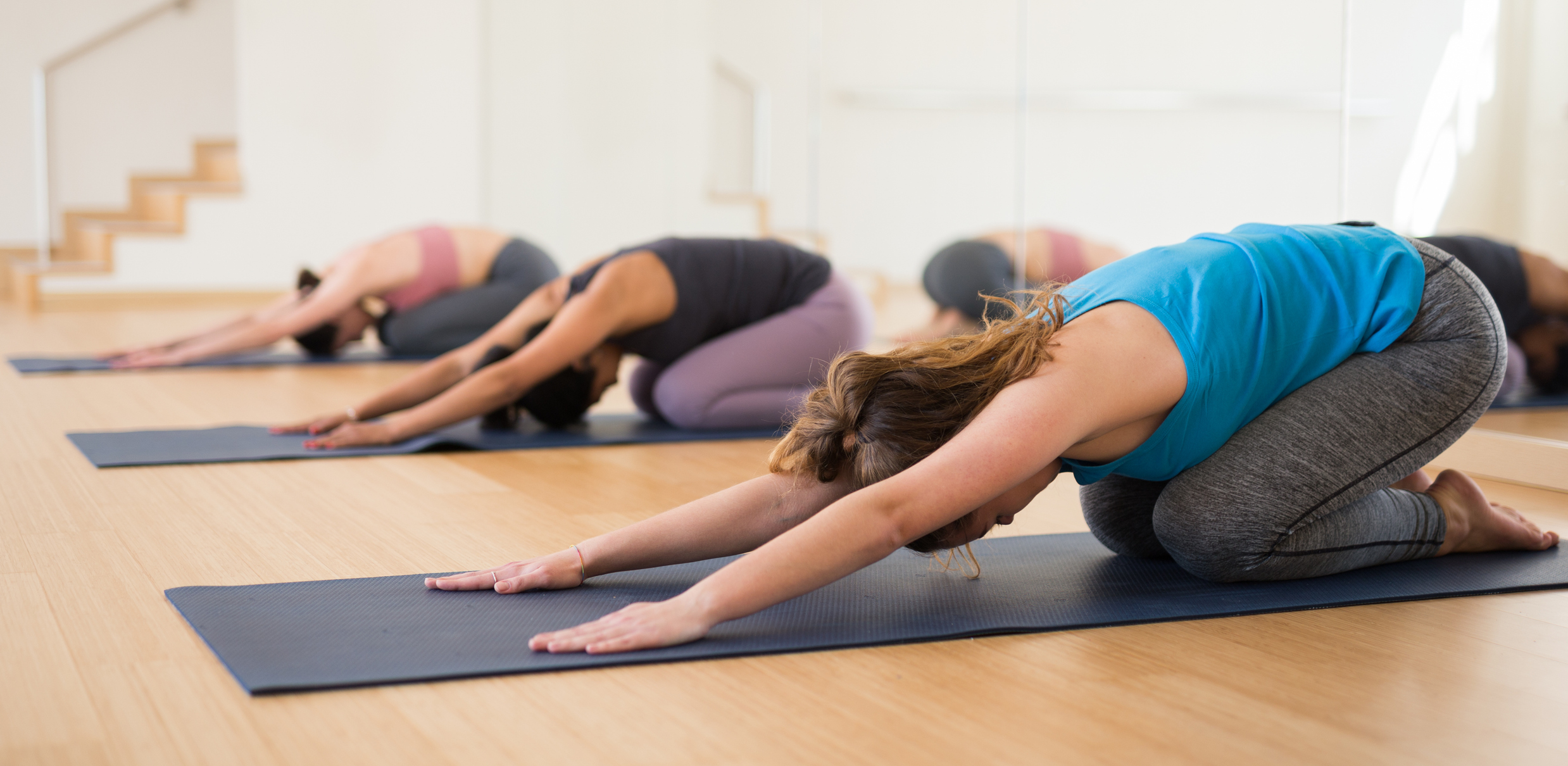What is the relationship between mental health and exercise? Find out that and more in this comprehensive article.
At AM Behavioral Health, we understand that true healing goes beyond treating symptoms. Our holistic approach nurtures the mind, body, and spirit, empowering you to reclaim your well-being from the inside out.
Exercise isn’t just about physical fitness; it’s a catalyst for mental resilience, emotional balance, and vitality. By incorporating movement into your journey, you’ll unlock a wealth of benefits that can profoundly impact your mental health and recovery.

Dopamine is the neurotransmitter responsible for regulating pleasure, motivation, and reward-seeking behaviors.
Regular exercise has been shown to increase dopamine levels, which can help reduce symptoms of depression and anxiety, such as:
Incorporating mental health and exercise offers a powerful way to rebuild resilience, one step at a time. As people engage in physical activity, they experience a sense of accomplishment and self-mastery that can translate into other areas of life.
At AM Behavioral Health, we recognize the profound impact of mental health and exercise in recovery, and we integrate it as a vital component of our holistic treatment approach. Here’s how:
Our experienced staff will work closely with each client to develop a personalized exercise plan that aligns with their goals and supports their treatment objectives.
Surrounding oneself with a supportive network can make a significant difference in the journey toward an active lifestyle.
We’ll encourage clients to:
Recognizing and celebrating achievements, no matter how small, is crucial for maintaining motivation and momentum.
Our team helps clients:
To get started, simply reach out to our admissions team, and we’ll schedule a consultation to explore how the power of movement can unlock your inner strength, resilience, and vitality. Your journey to wellness starts here, and we’re honored to be by your side.

Don’t wait any longer to embrace the transformative power of exercise and holistic healing. Contact us today to schedule a consultation.